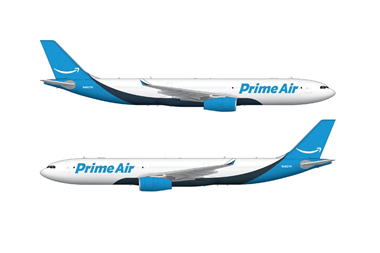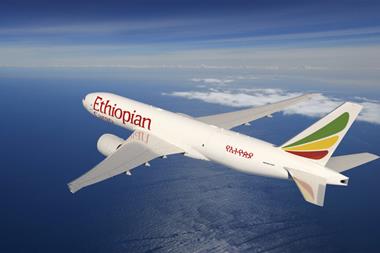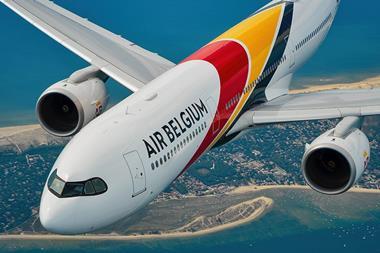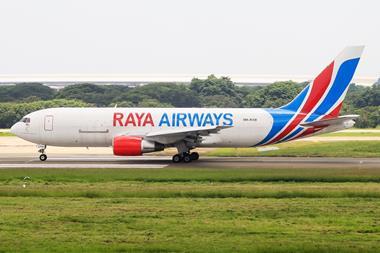African airlines should co-operate more to take advantage of the growing intra-Africa market, according to Astral Aviation chief executive Sanjeev Gadhia.
Speaking at Air Cargo News’ Freighters and Belly Cargo Conference, Gadhia said that African airlines tended to partner with foreign carriers rather than African carriers. However, the latter could open up new opportunities.
“The continent is so big that it is hard for African airlines to meet requirements. African airlines rarely co-operate with each other, they prefer to co-operate with foreign airlines and we feel that if African airlines start co-operating between themselves there will be a big opportunity to be competitive.”
Gadhia said he felt African carriers partnered with foreign airlines because they felt it would give them a global presence.
“I think if African airlines can concentrate on Africa and forget about…all the big global plans they have they will be more successful,” he said. “When you look at the yields into Africa, it’s more profitable for an African airline to fly within Africa rather than outside, so one has to get the right mix between your African network and your global network.”
Gadhia added that he expected the intra-African market to grow rapidly. World Bank statistics suggest the continent has a middle class of 300m people while e-commerce was also growing.
He said that African countries were increasingly trading with each other, giving the example of west Africa where meat was now being imported from South Africa as well as the traditional origin, Brazil.
He added that 26 African countries, with a population of 640m, had signed up to create the Tripartite Free Trade Area which when implemented will reduce trade barriers.
Astral Aviation itself is hoping to capitalise on demand growth in the continent. Over the next few years it will take delivery of six Boeing 737 freighters and will also open hubs in Lagos and Johannesburg.
However, speakers at the event admitted the continent was not without its challenges; lack of quality infrastructure and liberalisation were two of the big issues.
However, Air Charter Service group commercial director Justin Lancaster pointed out that the new infrastructure would create opportunities for the charter market.
The latest figures from IATA back up Gadhia’s expectations, with African airlines’ year-on-year freight tonne km growth for the first eight months of the year reaching 4% - the second best performing region for the period and ahead of global growth of 2.6%.










